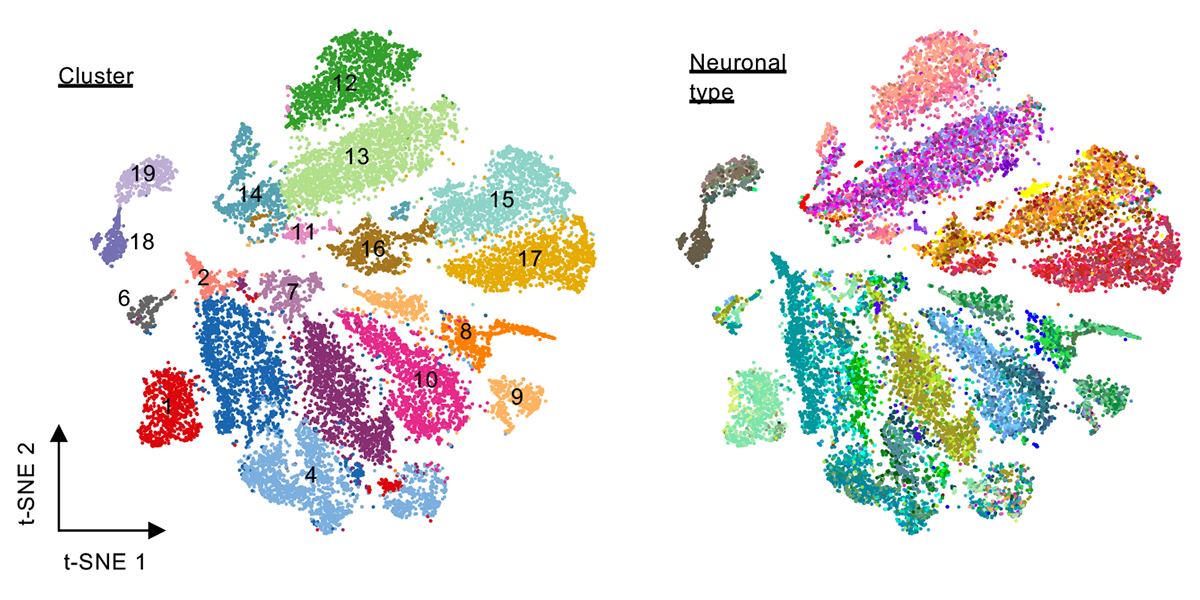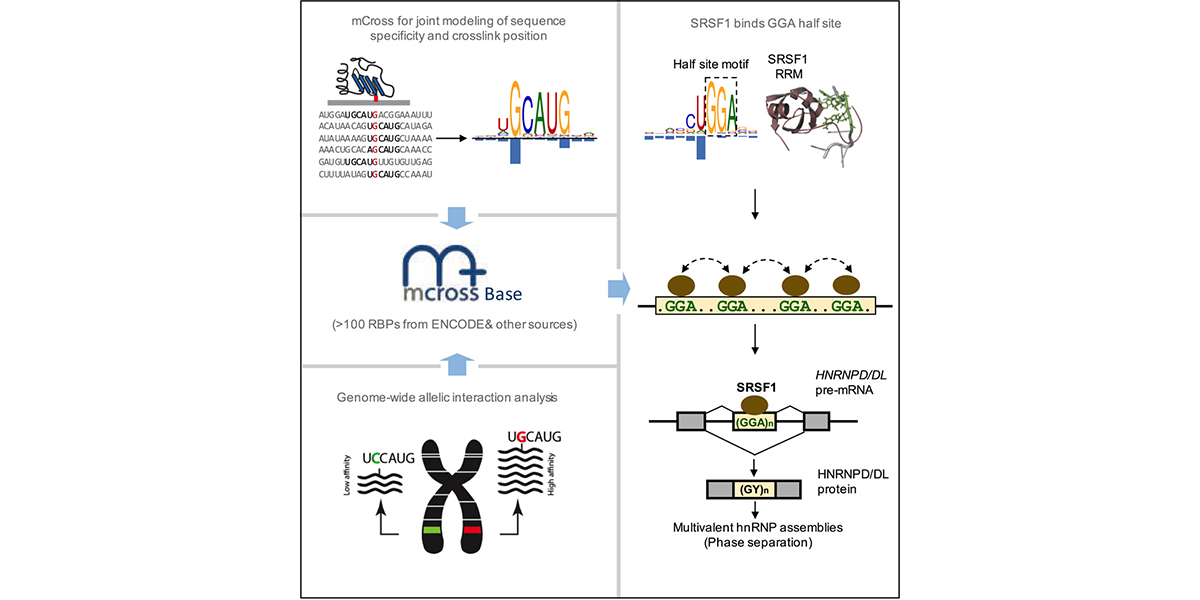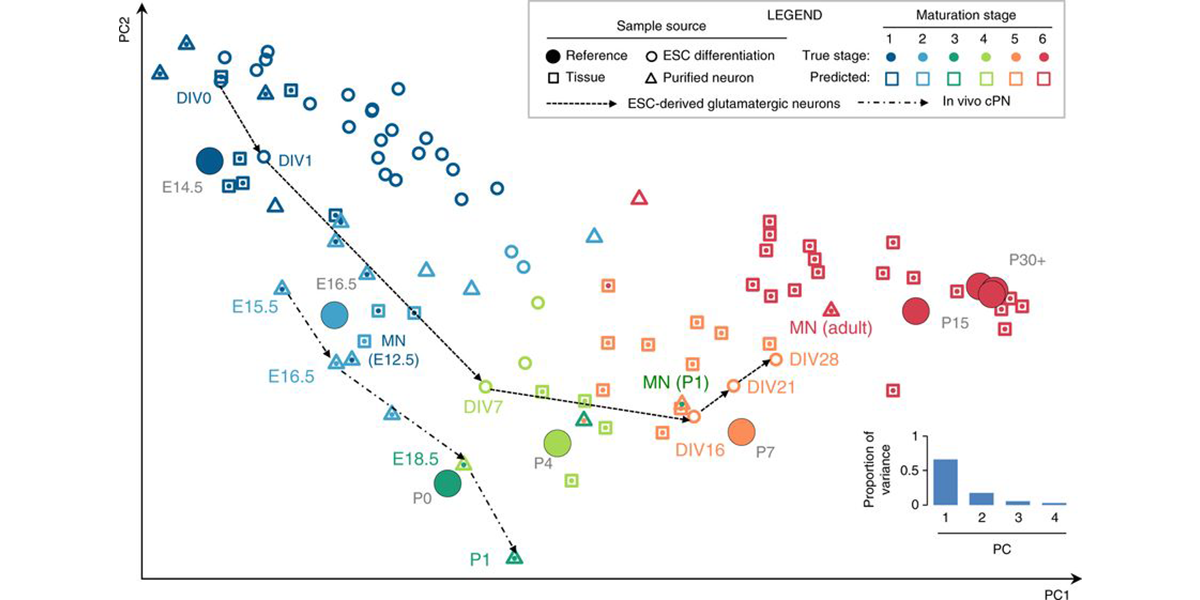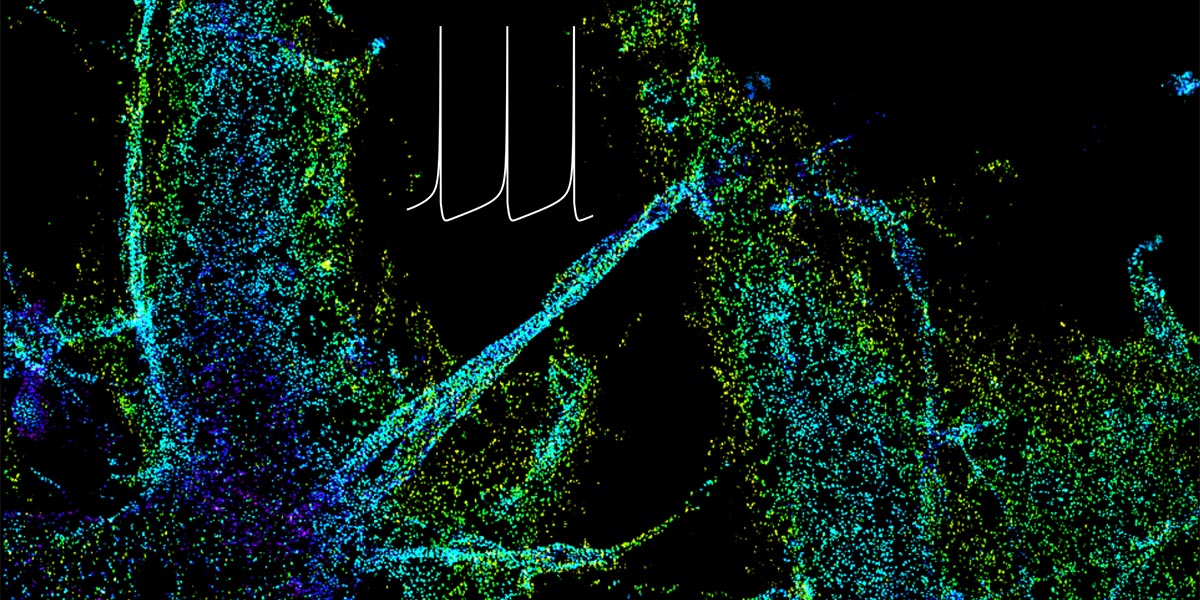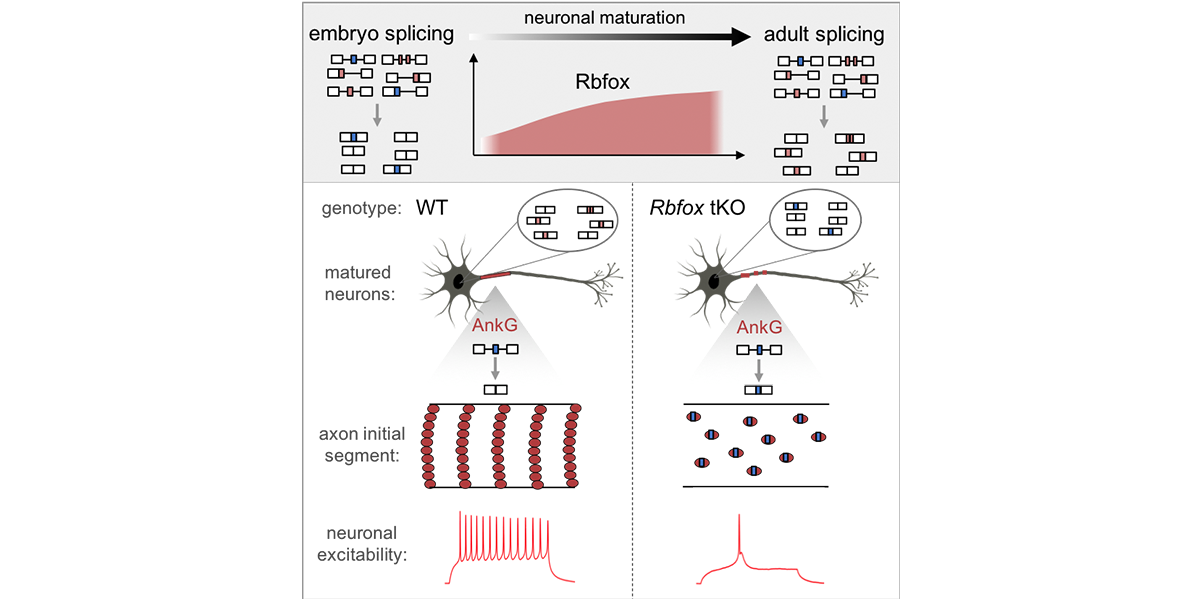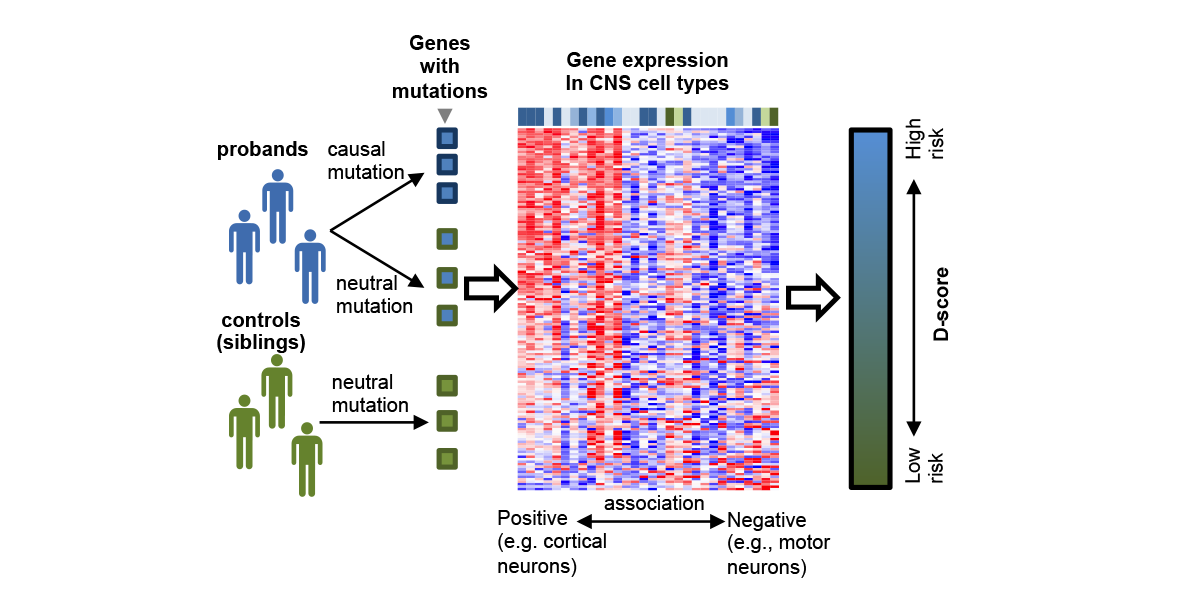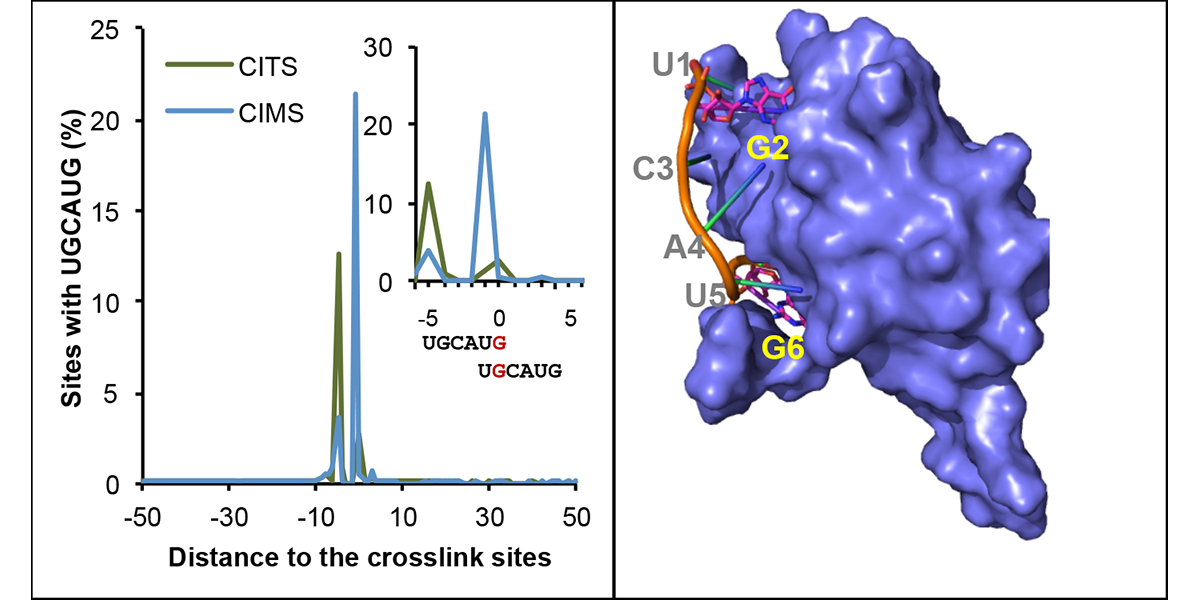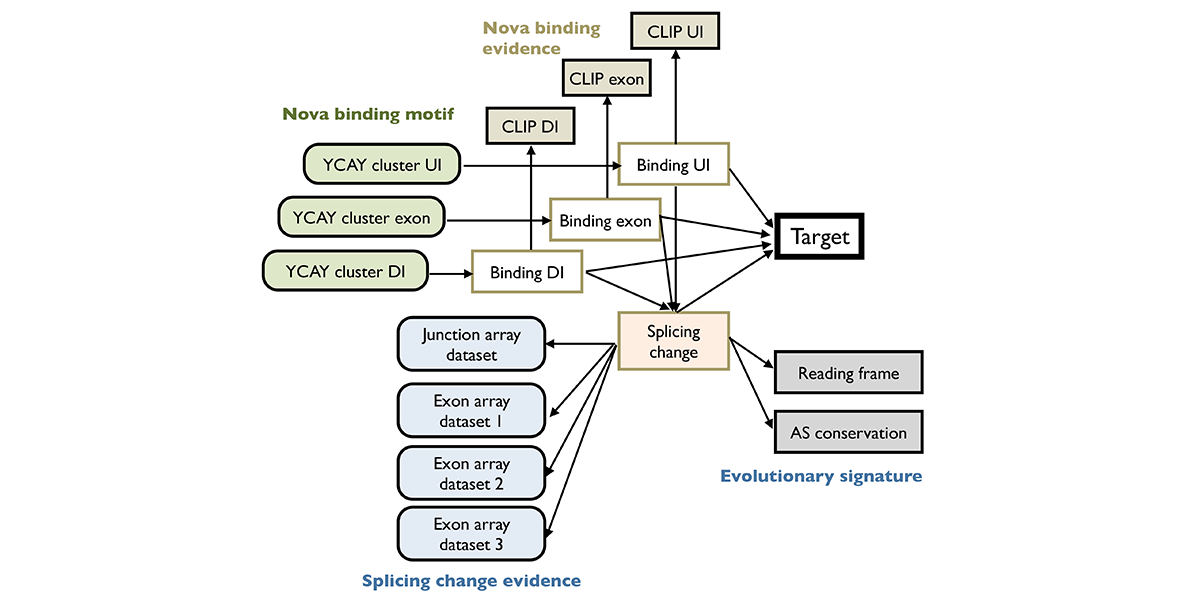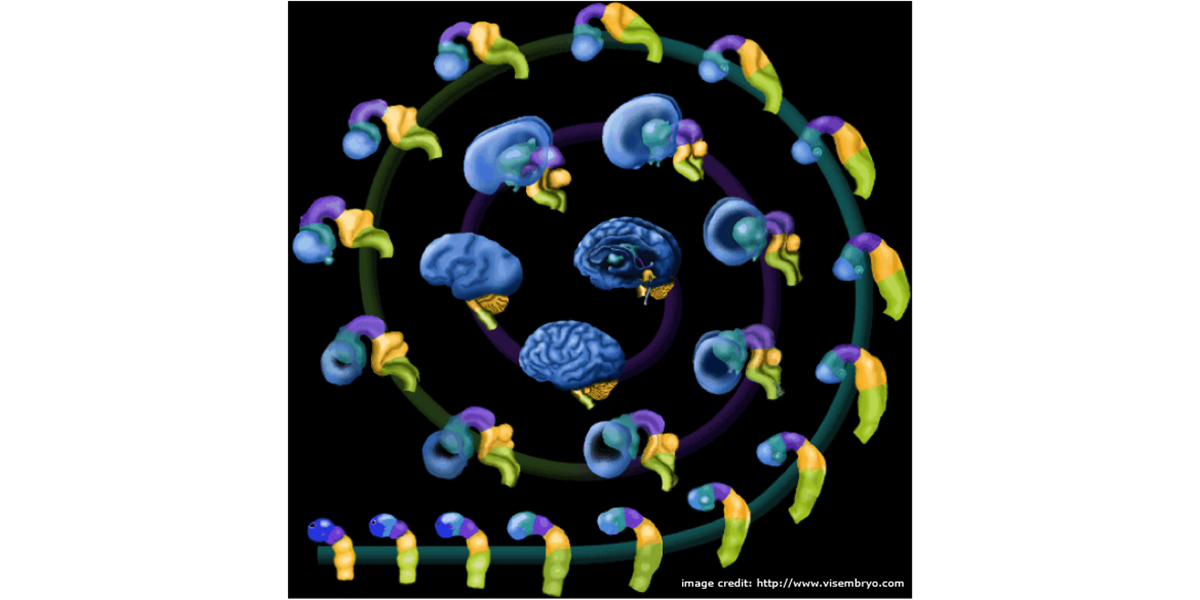Difference between revisions of "Main Page"
From Zhang Laboratory
| Line 152: | Line 152: | ||
| | | | ||
<html> | <html> | ||
| − | <a class="twitter-timeline" data-width="500" data-height=" | + | <a class="twitter-timeline" data-width="500" data-height="500" href="https://twitter.com/chaolinzhang?ref_src=twsrc%5Etfw">Tweets by chaolinzhang</a> <script async src="https://platform.twitter.com/widgets.js" charset="utf-8"></script> |
</html> | </html> | ||
|} | |} | ||
Revision as of 09:48, 11 December 2022
Introduction of the Zhang Laboratory
We are part of the Department of Systems Biology, the Department of Biochemistry and Molecular Biophysics, and the Motor Neuron Center at Columbia University Medical Center.
We are fascinated by the complexity of the mammalian nervous system and its underlying molecular mechanisms. While mammals have a similar number of genes compared to phenotypically simpler organisms (such as worms), one apparent feature of mammalian genes is their more complicated gene structures, providing an opportunity for sophisticated regulation at the RNA level.
The focus of the Zhang lab is to dissect RNA regulatory networks in the nervous system as a way to understand the mammalian complexity manifested in evolutionary-developmental (evo-devo) processes and in several neuronal disorders. We work on a range of problems towards the goal, including mechanistic understanding of the specificity of protein-RNA interactions, organizational principles of RNA regulatory networks, and functional implication of RNA regulation in neural development and in certain pathologic contexts (such as autism and neurodegenerative disorders). The Zhang lab has a mixed dry and wet setup. We take advantage of different model systems, including mouse models and in vitro neural differentiation of embryonic stem cells, and a combination of high-throughput data-driven and hypothesis-driven approaches.
|
Lab News (all lab news)
|


